

PodMov Daily: Friday, January 22
Episode 356: Week Download Complete
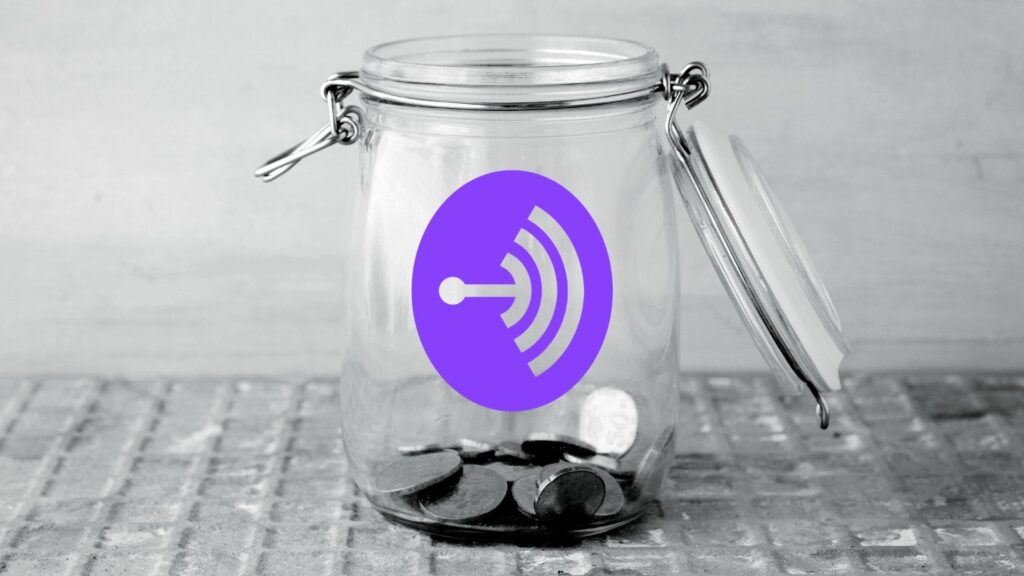
Anchor is Paying Podcasters to Advertise Itself
According to Ashley Carman of The Verge, “Spotify is paying podcasters tens of thousands of dollars to buoy its own sponsorship tool.” That tool, Anchor Sponsorships, launched in 2018 with the goal of helping smaller podcasters monetize their shows. It turns out that the ‘sponsors’ are largely just Spotify and Anchor.
Carman spoke with podcasters who had variations on the same experience. Being matched with outside sponsors isn’t panning out, even for those whose shows have grown. (One hasn’t had a sponsor other than Anchor for two years.) And when those sponsorships end, creators may not have options for renewal or replacement.
Podcasters are making much less than they’d been led to expect, and Anchor may even be losing money. Carman suspects that sponsorships are more of a marketing strategy to attract new interest: “Did Spotify enter the podcasting space to subsidize creators in making new shows, or to help itself make more money?”
The First Feed: Dave Winer Delivers the Details
To help us fully visualize the birth of podcasting, Dave Winer has added onto Eric Nuzum’s account in Podnews. “The feed he writes about was used to test software I had developed that reads podcast feeds, otherwise known as a podcatcher,” Winer writes. Compared to the podcatcher, “the feed was a small effort.”
In early 2001, the first feed to exist was Winer’s daily feed of Grateful Dead songs. (According to its creator, Jerry himself would have approved.) Winer’s main goal, testing his software’s new podcatcher functionality, led to much more. He tells the story of that desktop-based RSS reader app, called MUOTD for short.
MUOTD went on to be merged with a desktop blogging tool. “It was pretty cool,” Winer says. The resulting app was “something that has yet to be matched by anyone […] I'm pretty sure the guys who later formed Twitter used it. It was more or less Twitter on the desktop, based on RSS, five years before Twitter.”

BrandStoryCasting: B2B Podcasting Made Simple
Your business has a story to tell. Effective content marketing starts with bringing that story to life. With BrandStoryCasting, all you need for a professional-quality B2B podcast is a computer and microphone. From voiceover to audio editing, expert producers take care of the rest.
BrandStoryCasting manages every step of creating and distributing your podcast series. Each package includes a prep session, custom intro and outro, music, and a fully guided, private recording session for you and two guests — no technical experience needed.
As you build brand awareness and generate leads, the sound of your message matters. BrandStoryCasting delivers high-quality podcasts you’ll be proud to share with your network and beyond. Not sure if you’re ready to commit to a series? Take a single-episode test drive at a special introductory rate.
Here's what else is going on:
- Can’t refuse: Unlike some industry analysts, Jon Christensen of Timber.fm thinks Apple Podcasts+ will be a hit with creators and networks. “Apple may ask [creators] to include ad-free versions of their shows for these premium subscribers,” which is just one way to beat Spotify’s deals.
- Market share: Using data from Apple Podcasts, a tool called the Podcast Audience Graph “tells you, for most shows, which other podcasts share a similar audience.” It visualizes connections between podcast ‘neighbors’ as a 3D graph, informing choices around ads and promo swaps.
- Your word: Look back at your podcast description. “Inside of that text are overt promises made that compel searchers or browsers to become subscribers or followers,” writes podcast philosopher and strategist Evo Terra. Are you keeping those promises? An update can fix that.
- Fancy feast: Clubhouse was Germany’s most downloaded app for iPhone this week. Still invite-only, it’s “mostly used by celebrities, politicians and prominent media figures.” According to DW, the “Lunchtime in the government district” room is a hot spot for members of parliament.
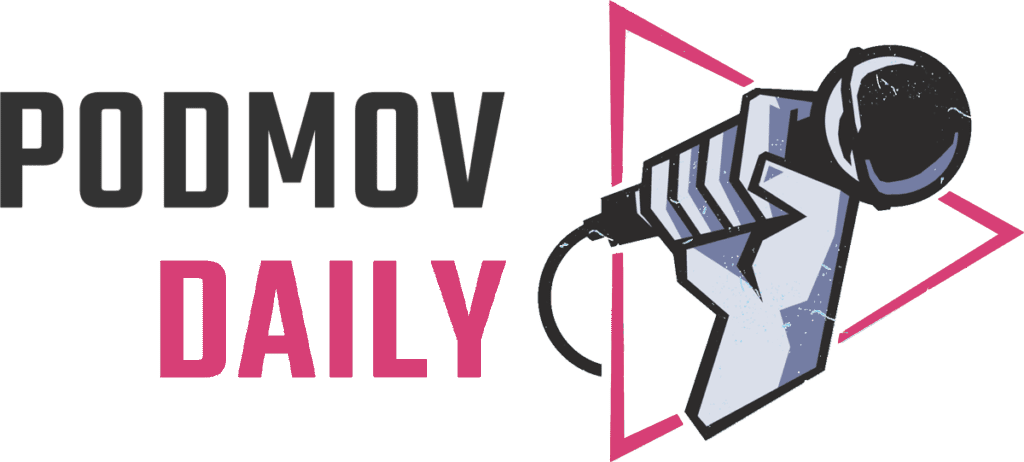
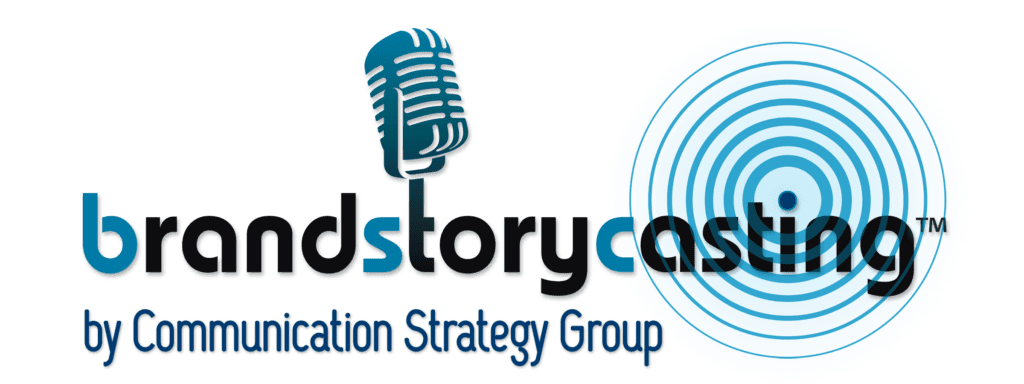
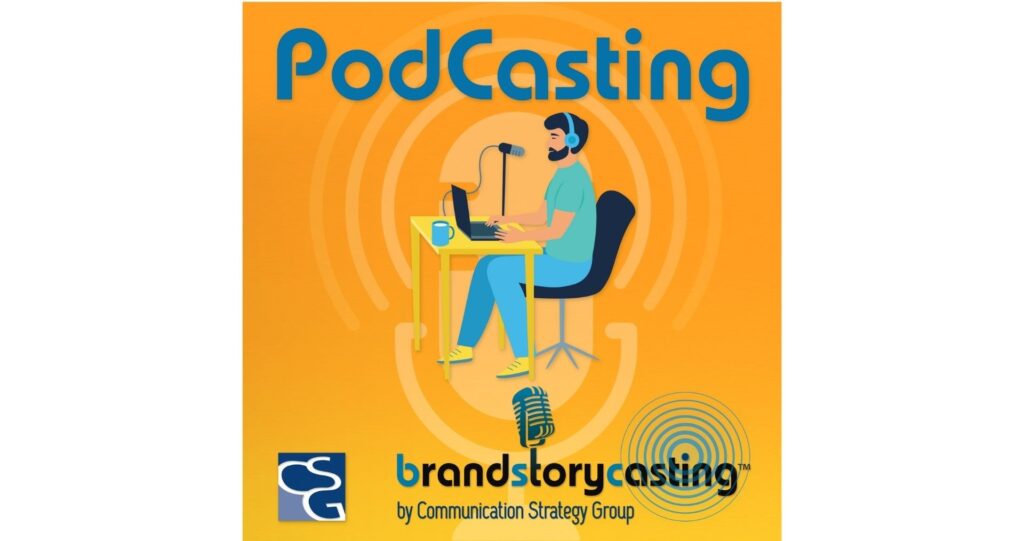

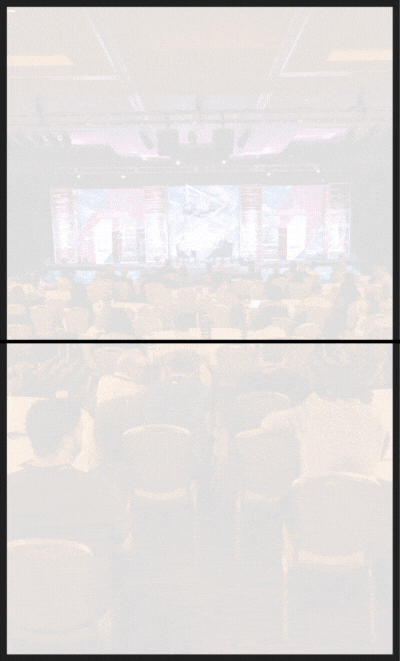


Join the Movement